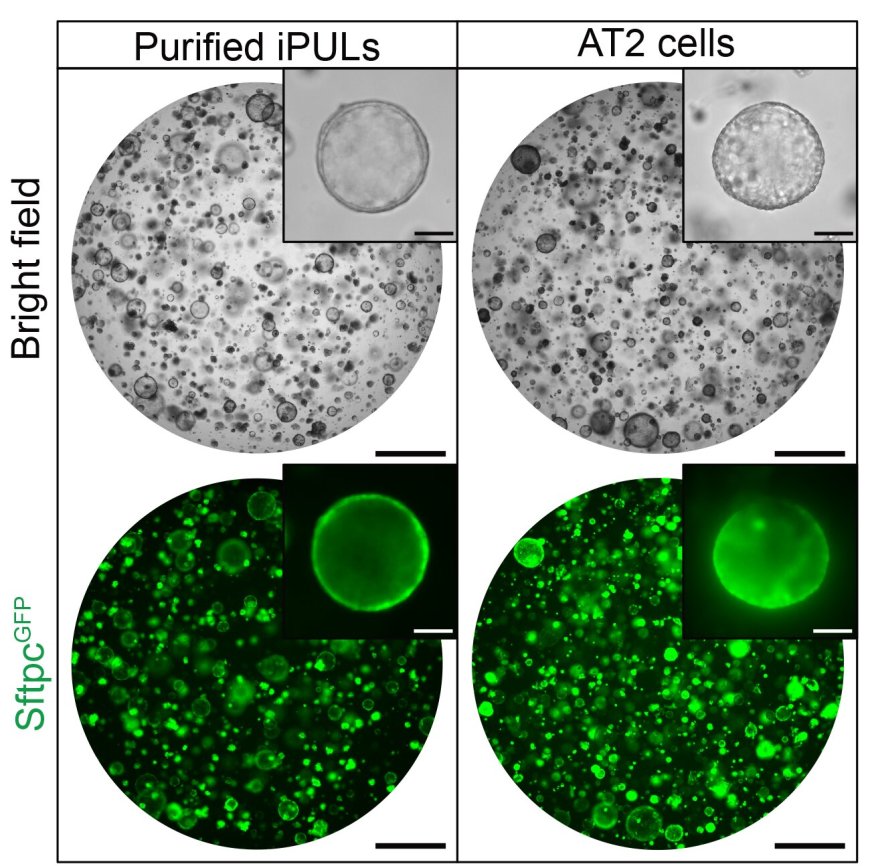Japanese Researchers Generate Lung Cells from Mouse Fibroblasts in 7-10 Days Without Stem Cell Tech
Researchers in Japan have successfully created lung cells similar to alveolar epithelial type 2 (AT2) cells from mouse embryonic fibroblasts in just 7 to 10 days, a much faster process than traditional stem cell methods. This breakthrough could lead to improved treatments for respiratory diseases like interstitial pneumonia and COPD. The study was published in npj Regenerative Medicine.

Researchers in Japan have successfully generated lung cells similar to alveolar epithelial type 2 (AT2) cells from mouse embryonic fibroblasts without using stem cell technology. The AT2-like cells were generated in just 7 to 10 days—a significant reduction compared to the approximately one month typically required by conventional stem cell-based differentiation methods.
This approach may pave the way for treating serious respiratory diseases, such as interstitial pneumonia and chronic obstructive pulmonary disease, which currently lack effective treatments. The study was published in npj Regenerative Medicine.
AT2 cells are essential for maintaining lung homeostasis. They produce surfactants and serve as progenitor cells for alveolar repair. In patients with severe lung diseases, such as interstitial pneumonia, these cells are often reduced in number or functionally impaired, which highlights the therapeutic potential of regenerating AT2 cells.
Professor Makoto Ishii of Nagoya University Graduate School of Medicine stated, \"To overcome these disadvantages, we focused on direct reprogramming instead. The direct reprogramming approach produces AT2-like cells in just 7 to 10 days, with lower tumor risk and potential for autologous use.\"
Professor Ishii and colleagues conducted a study to generate AT2-like cells from fibroblasts in mice through direct reprogramming, which had never been accomplished before. They found that a combination of four genes—Nkx2-1, Foxa1, Foxa2, and Gata6—was the most effective for reprogramming AT2 cells.
The researchers successfully induced AT2-like cells, called induced pulmonary epithelial-like cells (iPULs), in mice. These iPULs exhibited characteristics similar to normal AT2 cells and showed potential for lung tissue regeneration.
The study's findings open new possibilities for regenerative therapies in respiratory diseases. The researchers aim to further explore this technology for potential human applications.
According to the source: Phys.org.
What's Your Reaction?
 Like
0
Like
0
 Dislike
0
Dislike
0
 Love
0
Love
0
 Funny
0
Funny
0
 Angry
0
Angry
0
 Sad
0
Sad
0
 Wow
0
Wow
0





































































































































































